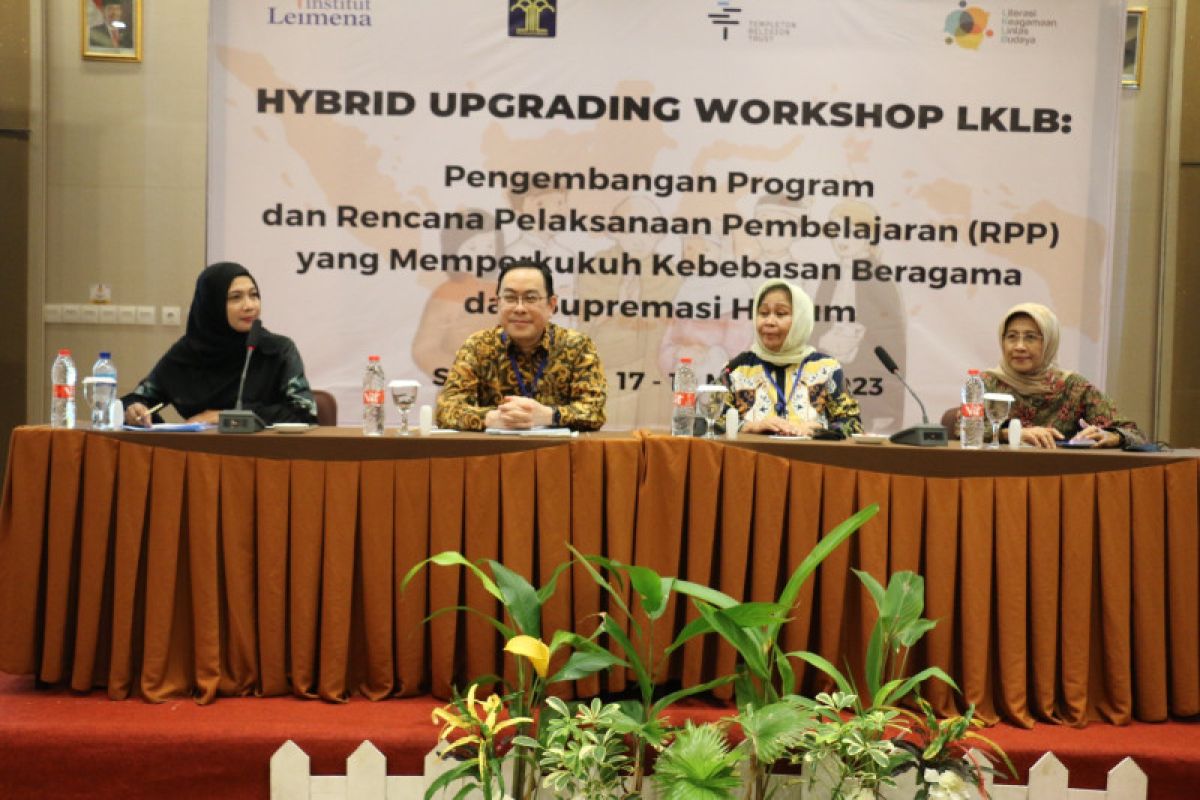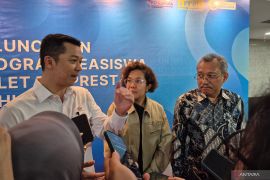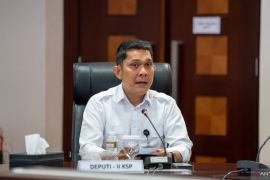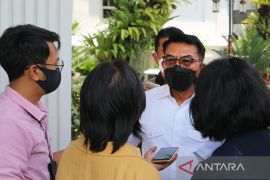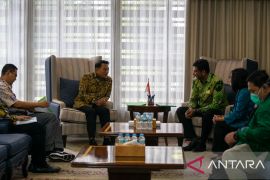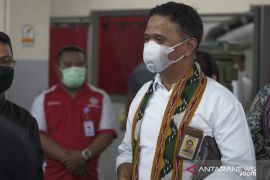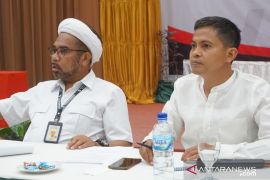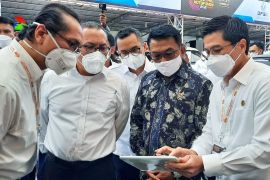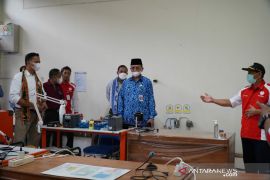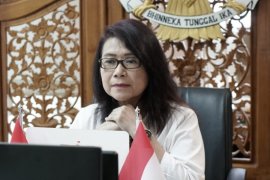"The use of public space must be equal, from one religion or belief to another, different genders and different races. This is so important to be (taught) to our students," main expert at the Presidential Staff Office Siti Ruhaini Dzuhayatin noted in a statement received here on Saturday.
Dzuhayatin remarked that the challenge to preserve national diversity has become increasingly difficult with how advancements and extensive use of social media also allowed for the spread of discrimination and stigmatization.
She delivered the remarks during a workshop on intercultural religious literacy in Semarang, Central Java, on Friday, March 17.
Dzuhayatin deems it crucial for teachers to remain alert of intolerant behaviors or outlooks that people often normalize.
She cited UNESCO's document titled "Tolerance: The Threshold of Peace which detailed intolerant behaviors" that included insults, stereotyping, suspicions, accusations, alienation, discrimination, and segregation of people as per different races, religions, and sex or gender.
Dzuhayatin opined that developing the teachers' capability on intercultural religious literacy can serve as a means to foster such sensibility.
There are three components of this literacy that a person must have, with the first being personal competence, wherein one understands his or her own beliefs and the relation to people of different beliefs; comparative competence wherein they understand other beliefs and the way these other beliefs view this person's outlook; and lastly, collaborative competence, which is the ability to find a middle ground between this person and another with different belief, so as to pursue collaboration, she elaborated.
"Religious freedom does not mean doing as one pleases. It has to refer to law supremacy. Thus, intercultural religious literacy narratives are necessary as an introduction to the enforcement of law supremacy," she remarked.
On the same occasion, Sirector of Human Rights Dissemination at the Law and Human Rights Ministry Sri Kurniati Handayani Pane affirmed that national diversity often sparked violence and conflicts.
Hence, she deemed it necessary to educate people of the ethics and etiquettes in order to establish a common consensus.
Pane pressed for the need to instill a spirit of multiculturalism among students through empathy, equality or equity, and tolerance.
"One group should not dominate and violate the rights of other groups," Pane noted.
She stressed that education is important so as to prevent discrimination on any basis.
Related news: Minister inaugurates Religious Harmony Village in Bangka Belitung
Related news: Riau Islands can set example in religious tolerance: police chief
Translator: Hreeloita DS, Mecca Yumna
Editor: Rahmad Nasution
Copyright © ANTARA 2023
